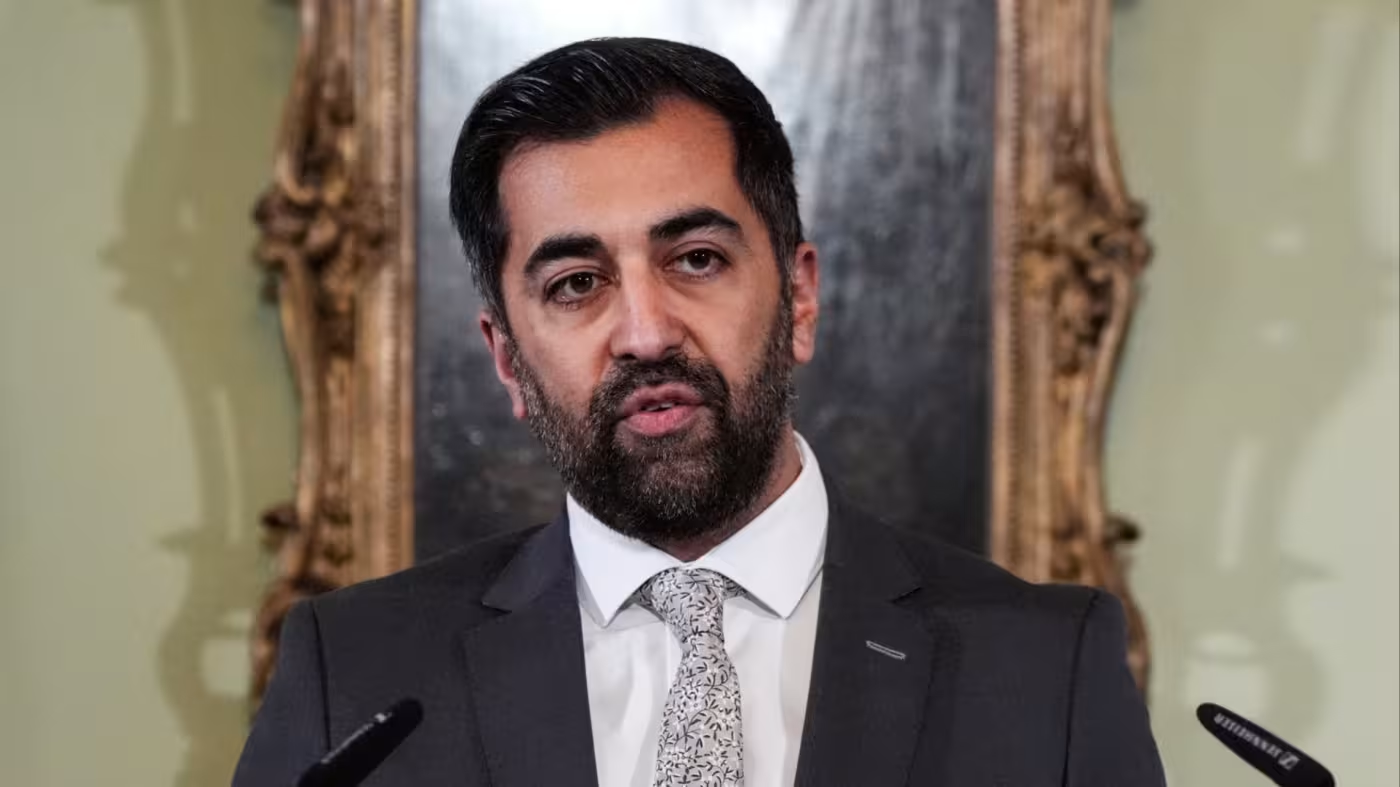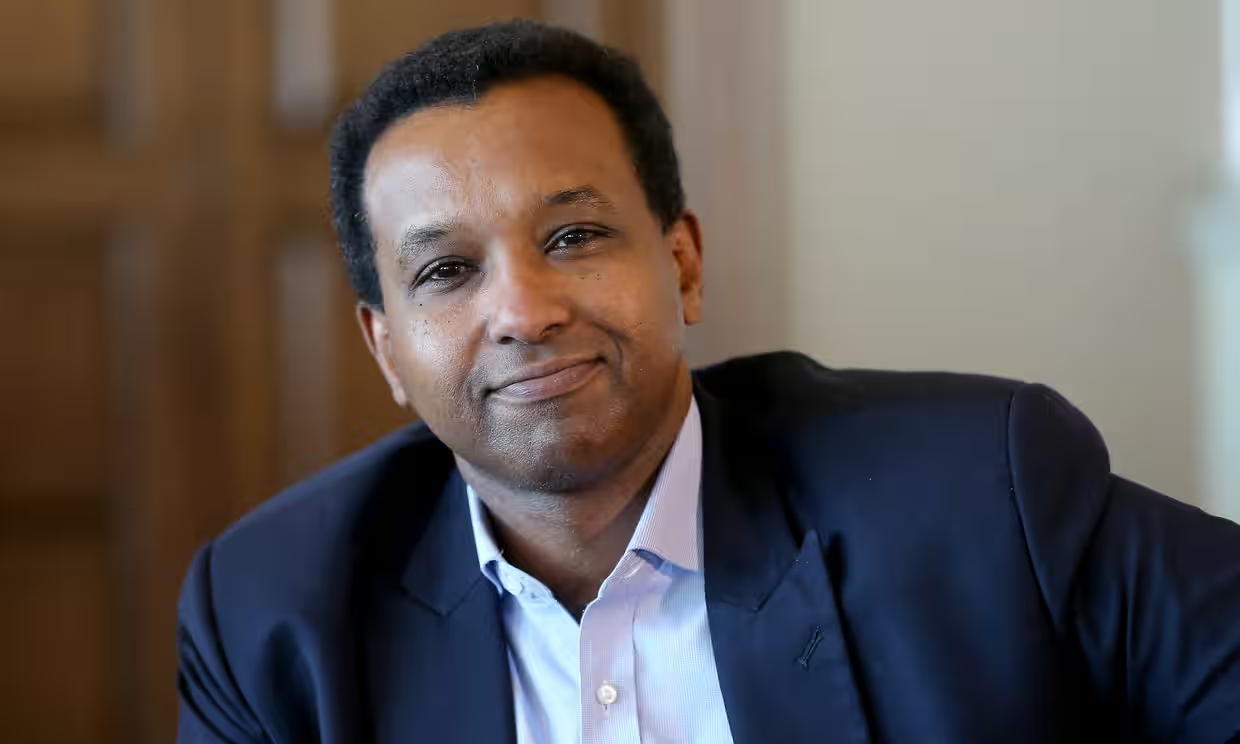Horndiplomat-The Horn Institute for Public Policy and Social Research (HIPPSOR) released on a report related a public debate and discussion on Somaliland constitution on Friday night, 22nd March 2019 at Ambassador Hotel, Hargeisa.
The following statement was issued today by the Horn Institute for Public Policy and Social Research (HIPPSOR),
Introduction
The Horn Institute for Public Policy and Social Research (HIPPSOR) keenly explores issues of public interest and devours to create an environment of public participation and discussion with active engagement of prominent scholars and personalities in public discourse. In line with that, HIPPSOR organized a public debate and discussion on Somaliland constitution on Friday night, 22nd March 2019 at Ambassador Hotel, Hargeisa.
The aim of the event was to provide the Somaliland citizens a conducive forum to debate their constitution and thoughtfully deliberate on how it is responding to the contemporary challenges and evolving needs both domestically and internationally.
Background
The Somaliland Constitution is the product of many years of struggle, with the Somaliland people going through a part of its history that was not always pleasant where the citizens faced gross violations of their fundamental rights in the hands of dictatorial regimes. Hence, the present Constitution was drafted to safeguard all citizens from any form of autocracy and dogma in the future, making the citizen sovereign in designing the affairs of state and protecting his or her fundamental rights.
It is important to note that Somaliland had constitutional documents of historical importance which range from the international treaties signed by the various Somaliland communities with the British government, and the various constitutional arrangements prior to independence in 1960 to the Declaration of Re-assertion of Sovereignty in 1991 (in Burao) at one of the earliest grand conferences of the Somaliland communities. Although the Republic of Somaliland was independent for a short period in June 1960, it later unified with Italian Somaliland to form Somalia. During that short period, no comprehensive constitution was adopted. The State of Somaliland had its own Constitution, which was drafted in early 1960, and was briefly in place.
The first main Constitutional document of the independent Somaliland was the National Charter (Axdi Qaran), which was signed by the Conference of the Somaliland Communities in 1993 in Borama. This was followed by the first Somaliland constitution, which was adopted at the conference of the Somaliland Communities in Hargeisa in February 1997.”Under article 151, the constitution shall be implemented for a period of three years from its approval in February 1997 and shall come into force fully once a referendum” has been held. There was a provision for this interim period to be increased by the two Houses of Parliament, and in early 2000, the two Houses voted that the period be increased by one year. This was primarily to give more time for the completion of the revision of the constitution (before its submission to the nation at a Referendum) and for putting in place the laws and mechanisms for changing the current “representative” democracy in Somaliland to a popular democracy based on the direct elections of the President of Somaliland and the Parliament of Somaliland
The constitution is not something static. According to Prof. Abdinasir I. Ismail. Director of Hippsor “In any society, those responsible for drafting the constitution at a particular time would face one common challenge: the provisions of the constitution would naturally reflect efforts to tackle the problems that the society is facing at the time of making of the constitution”. Abdinasir added that, at the same time, the constitution must be a document that provides the basis of the government for the future as well. Therefore, the constitution has to be able to respond to the challenges that may arise in the future. In this sense, the constitution will always have something that is contemporary and something that has a more durable importance.
Please read the Full Report here:Debate on Somaliland Constition_ HIPPSOR


























